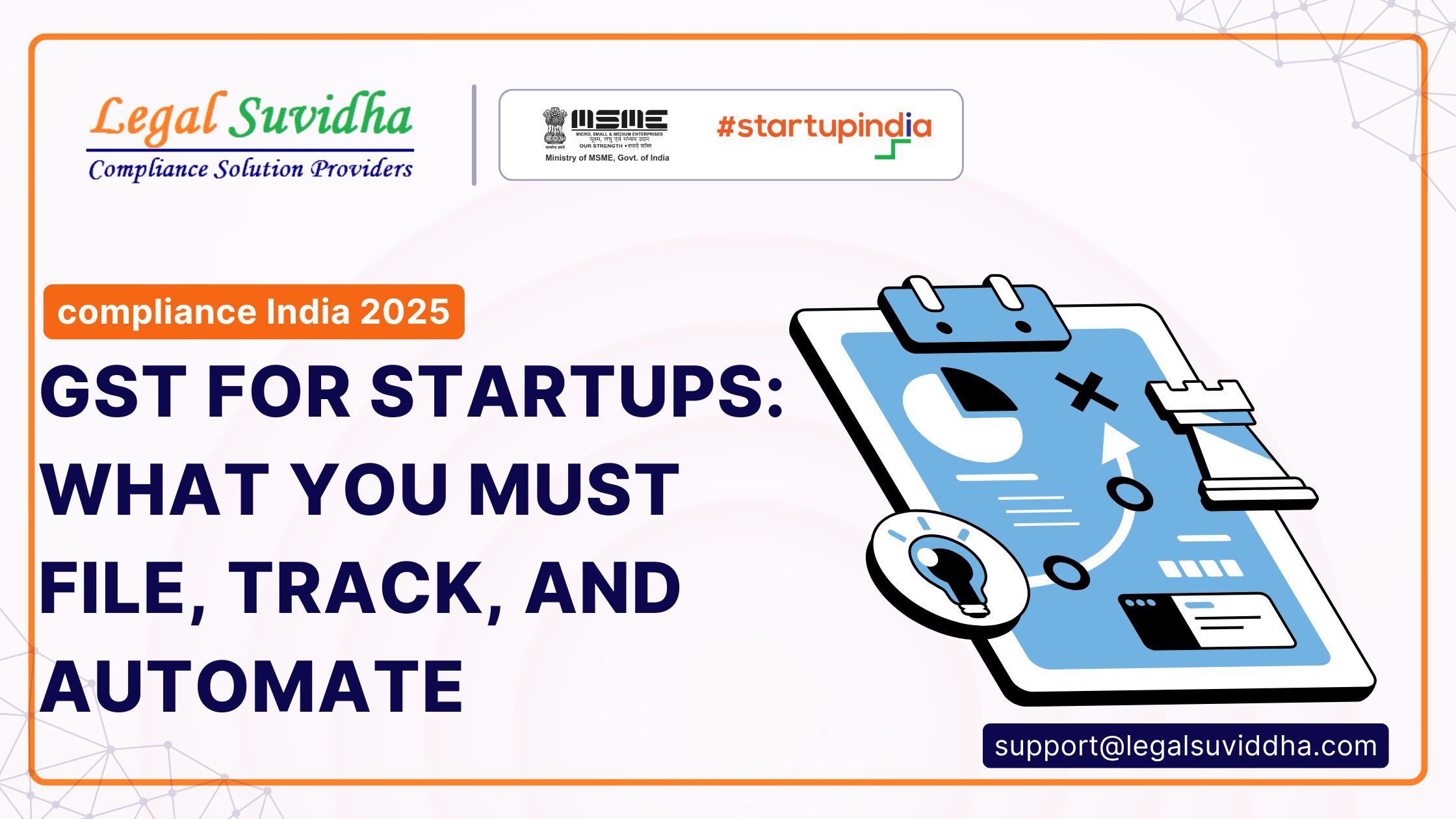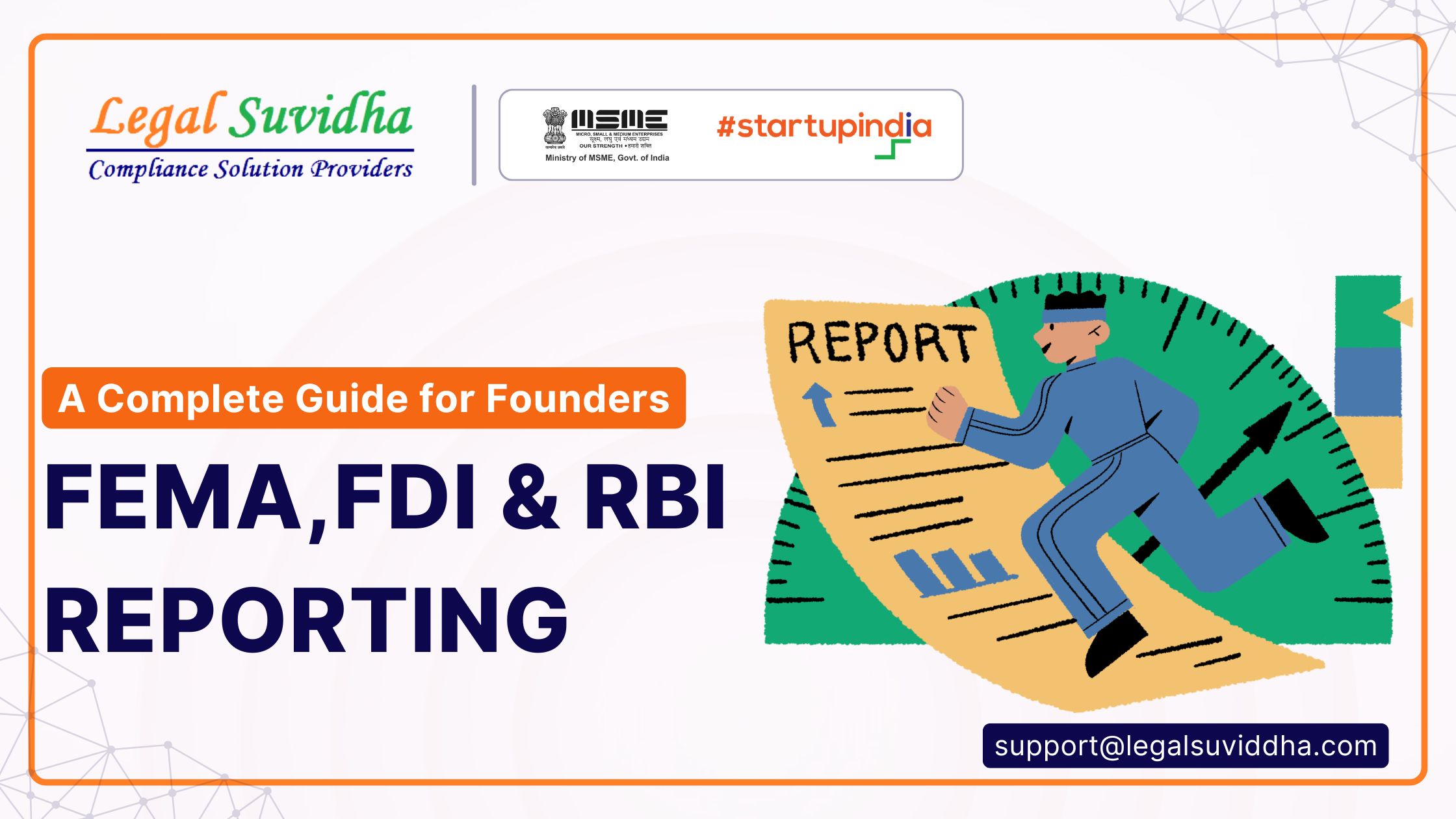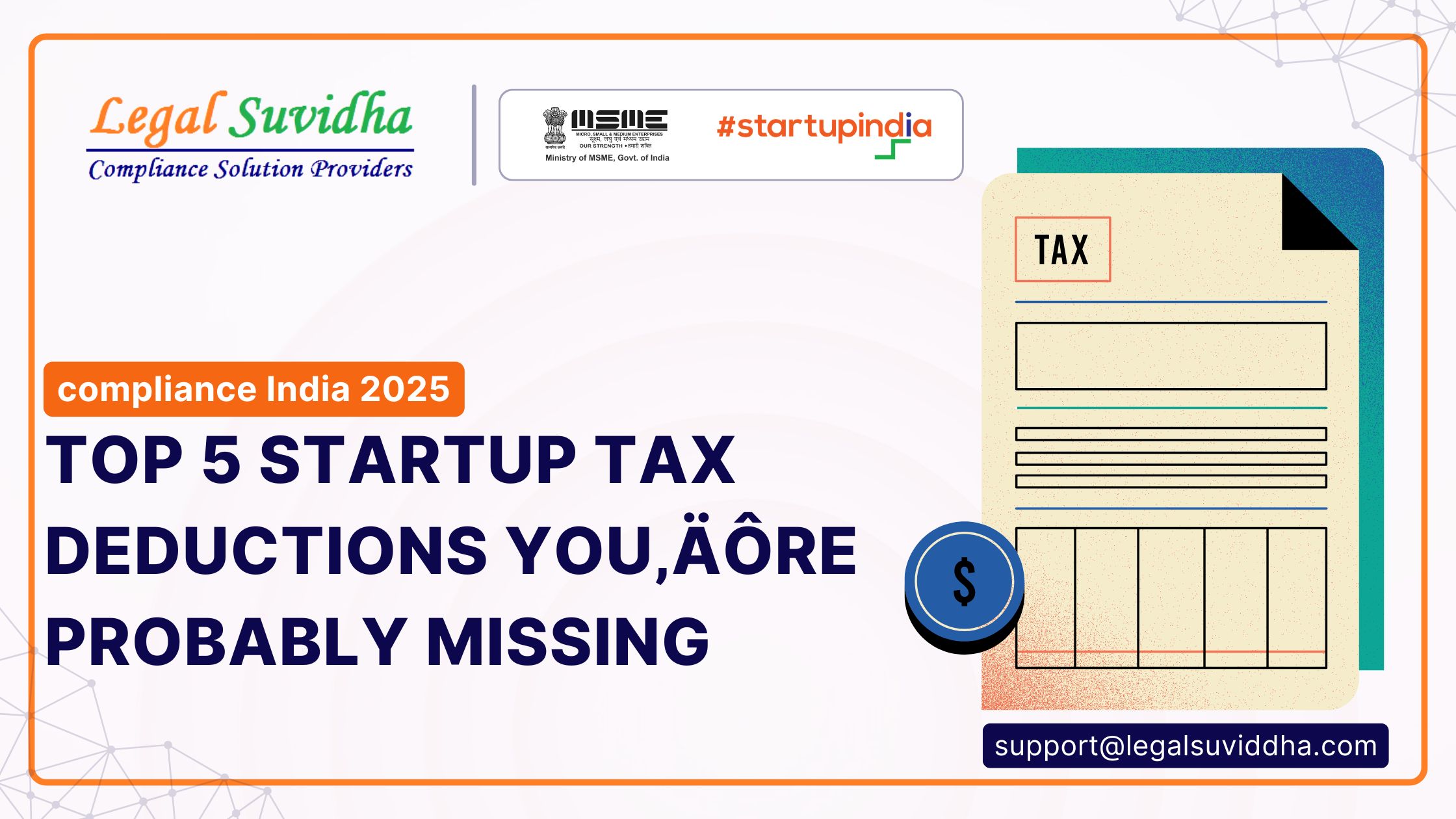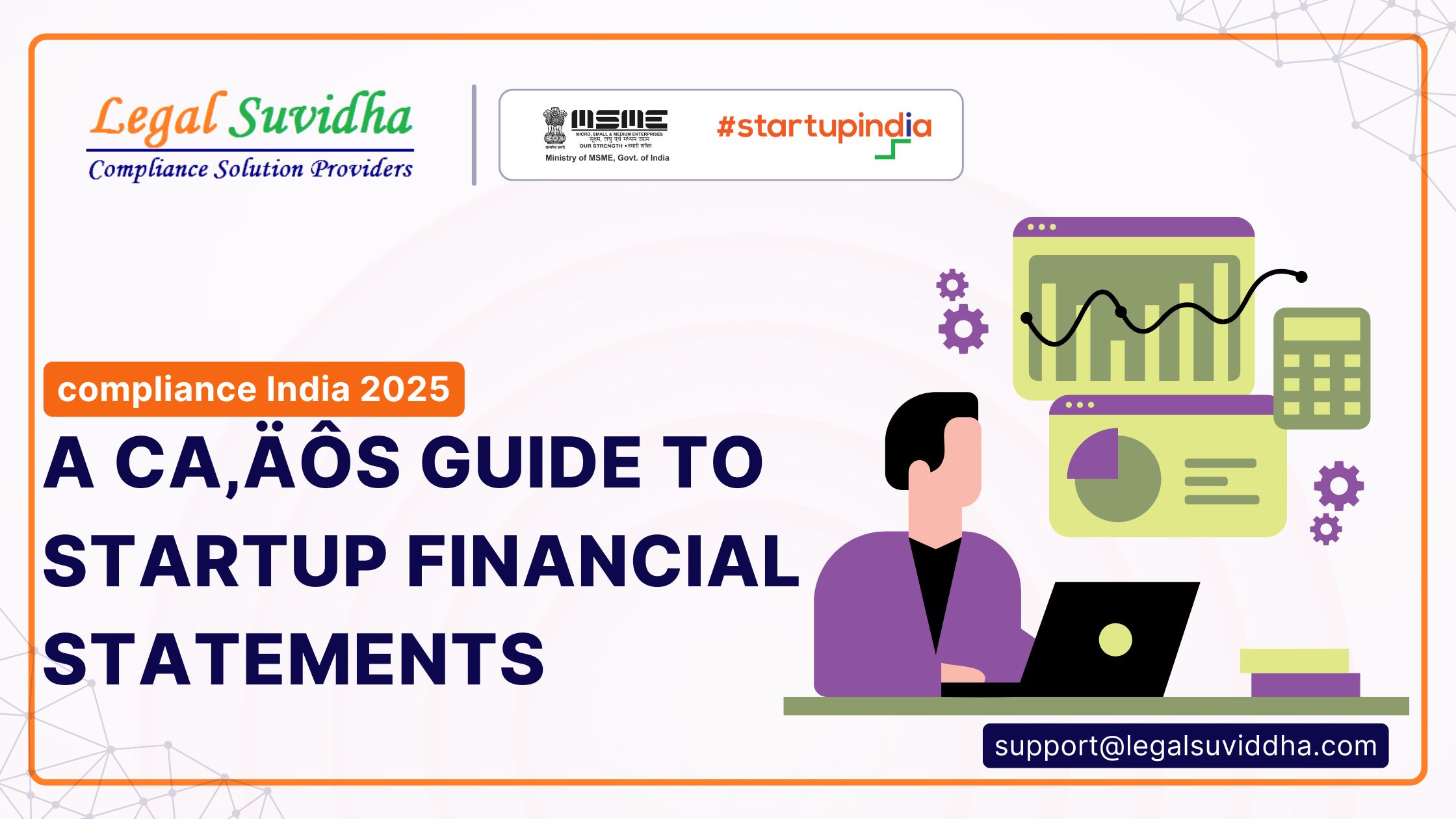Section 8 Company registration refers to the process of incorporating a non-profit organization under Section 8 of the Companies Act, 2013 in India. This type of company is primarily formed for promoting charitable, scientific, educational, or other socially beneficial objectives, and it prohibits the distribution of profits to its members. The main aim of a Section 8 Company is to promote social welfare and work towards the betterment of society.
Here is a comprehensive guide to understanding Section 8 Company registration:
- Eligibility Criteria: To register as a Section 8 Company, the organization must meet the following conditions: a. The primary objective should be to promote charitable, scientific, or educational activities. b. The profits should be applied towards promoting the company’s objectives. c. The company should not distribute dividends or any other income to its members.
- Name Approval: The first step is to choose a unique name for the company and submit it to the Registrar of Companies (ROC) for approval. The name should reflect the company’s objectives and should not resemble an existing company or trademark.
- Memorandum and Articles of Association: Once the name is approved, the next step is to draft the Memorandum of Association (MoA) and Articles of Association (AoA). These documents outline the objectives, rules, and regulations of the company. They should comply with the provisions of the Companies Act, 2013.
- Application Filing: After preparing the MoA and AoA, the company needs to file an application for registration with the ROC. The application should include various documents such as the MoA, AoA, a declaration by the proposed directors, and a statement of the company’s activities.
- Digital Signature Certificates (DSC) and Director Identification Numbers (DIN): The proposed directors of the company must obtain Digital Signature Certificates (DSC) and Director Identification Numbers (DIN) before filing the application. These are necessary for signing the electronic documents and for identification purposes.
- Obtaining a License: The ROC examines the application and supporting documents. If everything is in order, the ROC issues a license for the Section 8 Company. This license confirms the company’s registration and its eligibility for various tax benefits and exemptions.
- Post-registration Requirements: Once the Section 8 Company is registered, it must fulfill certain post-registration requirements, including a. Maintaining proper books of accounts and financial statements. b. Complying with the statutory audit requirements. c. Filing annual returns and other necessary documents with the ROC. d. Conducting regular meetings of the board of directors and members. e. Complying with the regulations and provisions of the Companies Act, 2013.
- Tax Benefits: Section 8 Companies are eligible for various tax benefits and exemptions, such as income tax exemption under Section 12AA and Section 80G of the Income Tax Act, 1961. However, these benefits are subject to compliance with the relevant provisions and regulations.
It’s important to note that the registration process and requirements may vary based on the specific circumstances and regulations applicable at the time of registration. It is advisable to consult with a professional or a company registration service to ensure compliance with all the legal and procedural aspects of Section 8 Company registration.
Advantages and Disadvantages of Registering as a Section 8 Company
Registering as a Section 8 Company in India offers several advantages and disadvantages. Here are some of the key advantages and disadvantages to consider:
Advantages:
- Legal Recognition: Section 8 Company registration provides legal recognition and a separate legal entity status to the organization. This enhances credibility and trust among stakeholders, including donors, government agencies, and beneficiaries.
- Limited Liability: The liability of the members of a Section 8 Company is limited to the extent of their shareholding. The personal assets of the members are protected, and they are not personally liable for the debts and obligations of the company.
- Tax Benefits: Section 8 Companies enjoy several tax benefits and exemptions. They are eligible for income tax exemption under Section 12AA and Section 80G of the Income Tax Act, of 1961. These benefits can attract more donors and contributors to support the organization’s activities.
- Perpetual Existence: A Section 8 Company has perpetual existence, irrespective of changes in its members or directors. It can continue its activities even if the founders or key members withdraw or pass away, ensuring the continuity of the organization’s objectives.
- Fundraising Opportunities: Being a registered Section 8 Company, it becomes easier to raise funds from various sources such as grants, donations, corporate sponsorships, and government schemes. The legal recognition and tax benefits associated with this structure make it more appealing to potential donors and investors.
Disadvantages:
- Strict Compliance Requirements: Section 8 Companies are subject to several compliance requirements under the Companies Act, 2013. These include maintaining proper books of accounts, filing annual returns, conducting regular meetings, and complying with audit requirements. Non-compliance can lead to penalties or even cancellation of the company’s registration.
- Restrictions on Profit Distribution: A significant disadvantage of a Section 8 Company is that it cannot distribute profits to its members. All income generated must be utilized for the promotion of the company’s objectives. This can limit the financial benefits for the members who are involved in the organization.
- Longer Registration Process: Registering as a Section 8 Company involves a more elaborate and time-consuming registration process compared to other types of organizations. The scrutiny by the Registrar of Companies (ROC) and the need for various supporting documents can lead to a longer processing time.
- Limited Commercial Activities: Section 8 Companies are primarily established for charitable, scientific, or educational purposes. They are not allowed to engage in commercial activities that are not aligned with their objectives. This restriction can limit the scope of revenue generation and business expansion.
It is essential to carefully consider these advantages and disadvantages in the context of your organization’s specific goals, objectives, and resources before deciding to register as a Section 8 Company. Consulting with legal and financial professionals can provide valuable insights and guidance in making an informed decision.
Fundraising and Financing Options for Section 8 Companies
Section 8 Companies in India have various fundraising and financing options available to support their charitable and social objectives. Here are some common avenues for fundraising and financing for Section 8 Companies:
- Grants from Government and Non-Governmental Organizations (NGOs): Section 8 Companies can seek grants from government departments, ministries, and NGOs working in similar areas. These grants are typically provided to support specific projects or initiatives aligned with the company’s objectives.
- Corporate Social Responsibility (CSR) Funding: Companies in India are required to allocate a portion of their profits towards CSR activities. Section 8 Companies can approach corporate entities to seek funding for their initiatives. They can present their projects and their impact on social welfare, which can attract corporate sponsorships.
- Donations and Contributions: Section 8 Companies can receive donations and contributions from individuals, trusts, and other entities. These can be one-time donations or recurring contributions. The tax benefits associated with donations to Section 8 Companies can incentivize individuals and organizations to contribute.
- Fundraising Events: Organizing fundraising events such as charity galas, auctions, marathons, or cultural shows can help generate funds for Section 8 Companies. These events can attract sponsors, individual donors, and attendees who support the cause and are willing to contribute.
- Crowdfunding: Online crowdfunding platforms provide an avenue for Section 8 Companies to raise funds from a large number of individuals through small contributions. They can create campaigns, share their mission, and appeal to a broader audience for support. Crowdfunding can be a cost-effective way to gather funds and create awareness about the organization’s work.
- Impact Investment: Impact investors are individuals or organizations that invest in companies with a social or environmental mission. Section 8 Companies can explore impact investment opportunities where investors provide capital in exchange for both financial return and social impact.
- Bank Loans and Financial Institutions: Section 8 Companies can approach banks and financial institutions for loans or credit facilities to support their activities. However, it’s important to note that Section 8 Companies may face challenges in accessing loans as they are not profit-oriented entities and may have limitations in providing collateral.
- Partnership and Collaboration: Section 8 Companies can seek partnerships and collaborations with other organizations, both within the non-profit sector and the corporate world. Collaborative efforts can bring together resources, expertise, and networks to jointly address social issues and attract funding.
It is crucial for Section 8 Companies to develop a comprehensive fundraising strategy that aligns with their mission, engages potential donors, and ensures transparency in fund utilization. Seeking professional advice, developing strong relationships with stakeholders, and leveraging digital platforms for outreach can enhance the effectiveness of fundraising efforts.
How Section 8 Companies Drive Social Change and Impact Communities
Section 8 Companies play a vital role in driving social change and impacting communities in India. Their primary objective is to promote charitable, scientific, educational, or other socially beneficial activities. Here are some ways in which Section 8 Companies contribute to social change and impact communities:
- Addressing Social Issues: Section 8 Companies focus on addressing various social issues such as poverty, education, healthcare, environment, women empowerment, rural development, and more. They develop and implement programs and projects aimed at tackling these issues and improving the well-being of communities.
- Providing Essential Services: Section 8 Companies often provide essential services that are otherwise inaccessible or unaffordable for disadvantaged communities. This can include healthcare clinics, schools, vocational training centers, libraries, clean water initiatives, sanitation facilities, and more. By providing these services, they uplift the quality of life and create a positive impact on the communities they serve.
- Promoting Education and Skill Development: Many Section 8 Companies focus on education and skill development initiatives. They establish schools, scholarship programs, and vocational training centers to empower individuals, especially those from marginalized backgrounds. By imparting education and skills, they enhance employability, economic opportunities, and social mobility for individuals and communities.
- Empowering Marginalized Groups: Section 8 Companies often prioritize the empowerment of marginalized groups such as women, children, persons with disabilities, and the economically disadvantaged. They implement initiatives that promote gender equality, provide livelihood opportunities, support entrepreneurship, and advocate for the rights and inclusion of these marginalized communities.
- Environmental Conservation and Sustainability: Many Section 8 Companies work towards environmental conservation, sustainable development, and climate change mitigation. They undertake initiatives such as afforestation drives, waste management programs, renewable energy projects, awareness campaigns, and advocacy for sustainable practices. By promoting environmental sustainability, they contribute to the well-being of communities and future generations.
- Advocacy and Policy Influence: Section 8 Companies can play an active role in advocating for policy changes and influencing decision-making processes. They often engage in research, data analysis, and policy advocacy to address systemic issues and drive social reforms. By influencing policies, they aim to create a conducive environment for positive social change and impact at a larger scale.
- Collaboration and Partnerships: Section 8 Companies often collaborate with other stakeholders, including government agencies, non-profit organizations, corporates, and communities themselves. Such partnerships enable resource pooling, knowledge sharing, and collective action to address complex social challenges effectively.
- Awareness and Social Mobilization: Section 8 Companies raise awareness about social issues and mobilize communities to actively participate in addressing them. They conduct awareness campaigns, workshops, community dialogues, and other initiatives to engage individuals and communities in social change efforts.
Through these approaches, Section 8 Companies strive to make a sustainable and transformative impact on communities. Their work goes beyond immediate relief and focuses on long-term solutions, capacity building, and systemic change to create lasting social benefits.
If You have any queries then connect with us at [email protected] or you can contact us & stay updated with our latest blogs & articles








